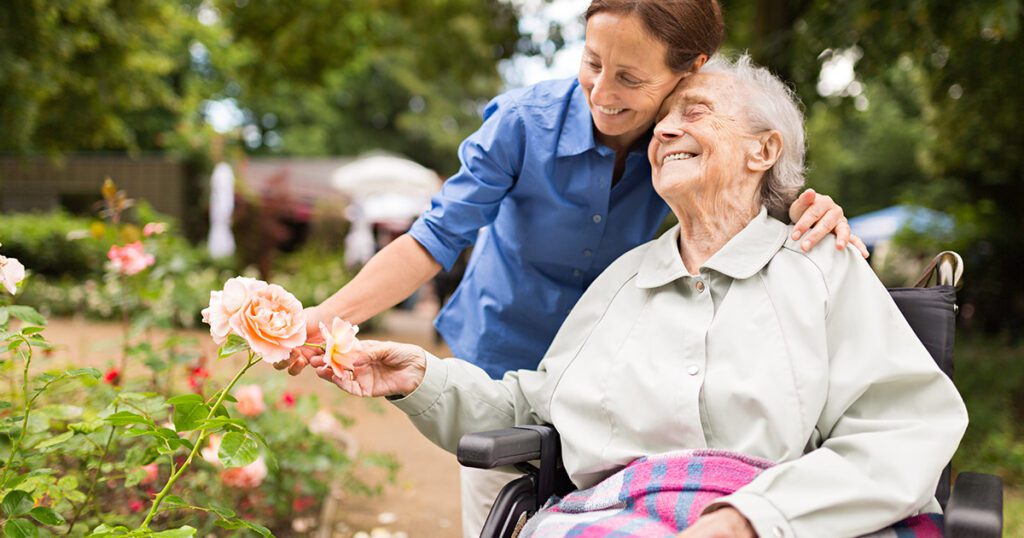We offer practical support and expert insights to help you navigate the challenges of home care with confidence.
Providing care at home is a rewarding yet challenging responsibility. Whether you’re assisting a senior loved one or someone with disabilities, understanding key caregiving principles can enhance their well-being and quality of life. This guide covers essential home care tips to help caregivers offer the best support possible.olor sit amet, consectetur adipiscing elit. Ut elit tellus, luctus nec ullamcorper mattis, pulvinar dapibus leo.

Home care provides non-medical assistance to individuals in the comfort of their own homes. Services can range from personal care and household help to companionship and emotional support. A well-structured care plan ensures that individuals remain safe, comfortable, and independent for as long as possible.


A secure living space is essential for preventing falls and injuries. Here are some key safety measures caregivers should implement:

Helping with personal care can sometimes feel intrusive, but maintaining a respectful and patient approach fosters trust and dignity.


Home care should address more than just physical needs—it should also nurture emotional and cognitive health.

Coordinating with medical professionals ensures proper health management and timely interventions.

Providing home care requires patience, knowledge, and compassion. By implementing these caregiving strategies, you can create a safe, comfortable, and nurturing environment for your loved ones. At Stellar Home Care, we’re here to help—reach out to learn more about our personalized care services!

2225 Sycamore Street Suite 735
Harrisburg PA 17111
610 Old York Road Suite 400
Jenkintown PA 19046
2225 Sycamore Street Suite 735
Harrisburg PA 17111
610 Old York Road Suite 400
Jenkintown PA 19046
